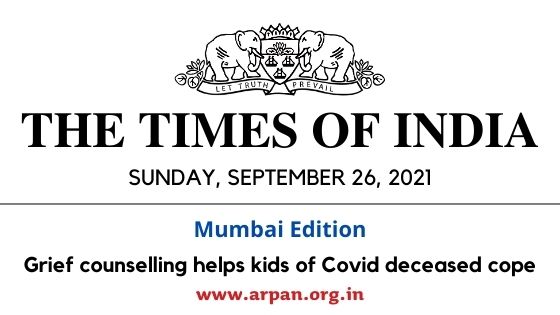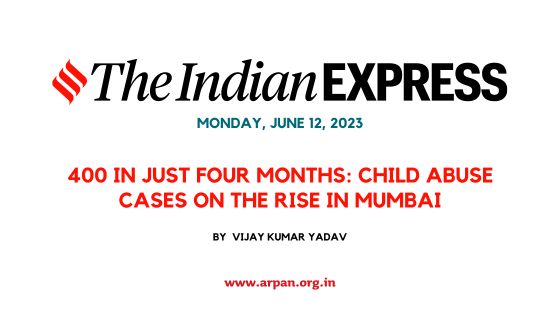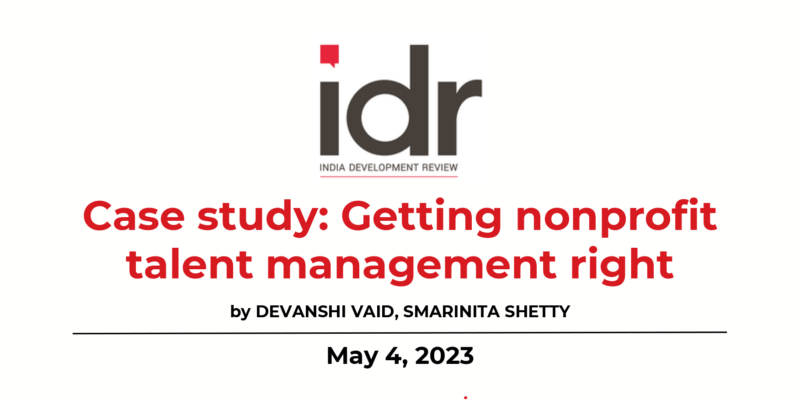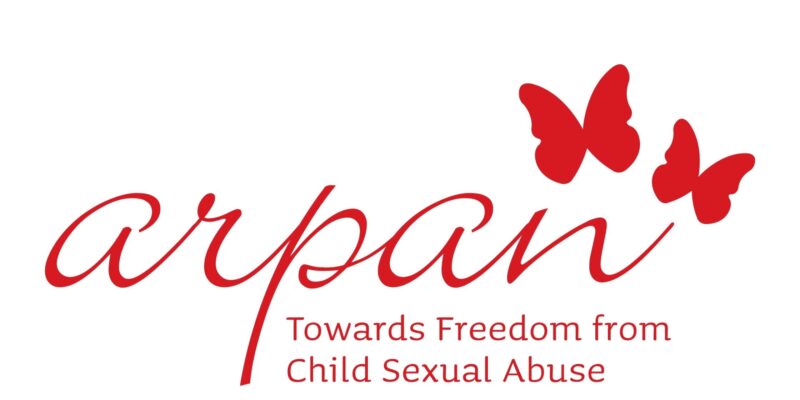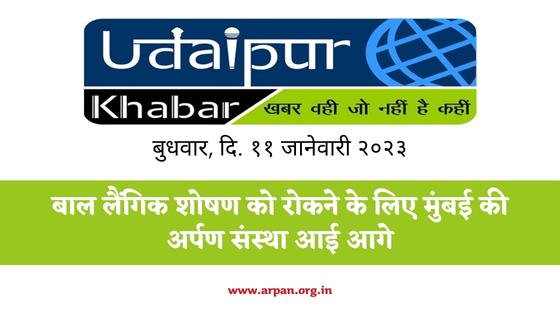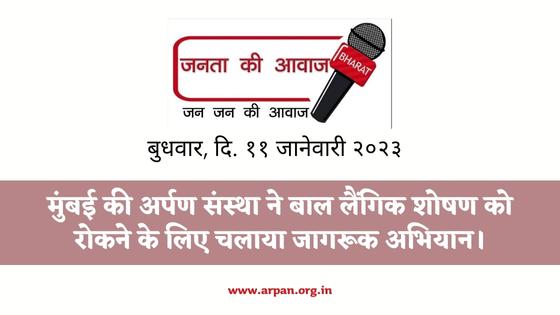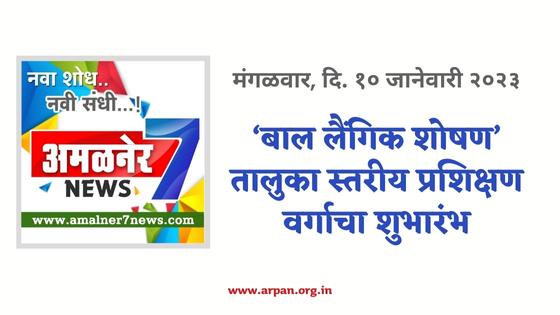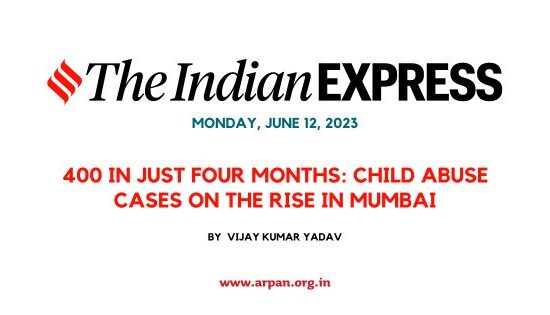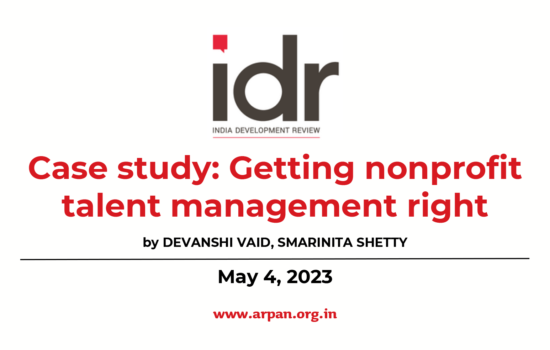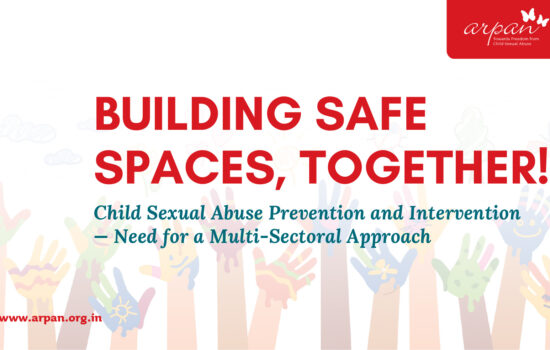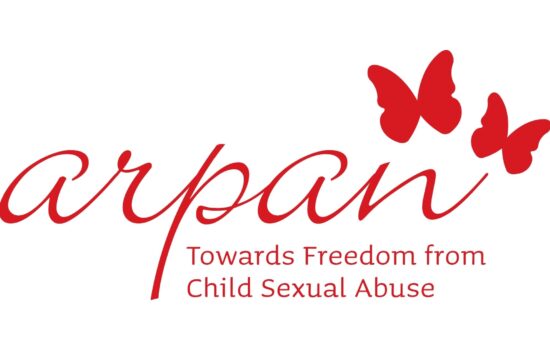“Why is it that Covid decided to take my father?”
“Who will drop me to school now?”
“When will he come back?”
Counselling children who have lost one or both parents to the pandemic is a delicate journey, say city psychologists who have not only been building a rapport with kids as young as three years of age through crayons and metaphors (“he has become a star”) but also find themselves dealing with the emotions and financial concerns of the surviving parent in the course.
Apart from a team of psychologists that has been counselling children who have lost both parents to Covid, Arpan–an NGO working with victims of child sexual abuse–has recently tied up with Women and Child Development Department (WCD) to extend telephonic counselling to over 2500 children who have lost a single parent. Together, their experiences offer a poignant peek into the aftermath of sudden loss.
“Am I doing the right thing? Should I just tell him and get it over with?” a mother to a six-year-old often asks psychiatrist Dr Avinash De Sousa. When her 37-year-old husband died due to Covid-19 last month, she told her son that his father had gone off to London for a few months. The beautiful lie means that there is no garlanded photo of her husband in the house and that the widowed mother must stifle her sobs in front of the son. De Sousa, who has come across other surviving parents who have not disclosed the death to their little ones over the last year, states how Covid-19 has “complicated grief” by robbing the bereaved of a decent farewell, the ability to hug the departed and the many shoulders of people offering emotional support at funerals.
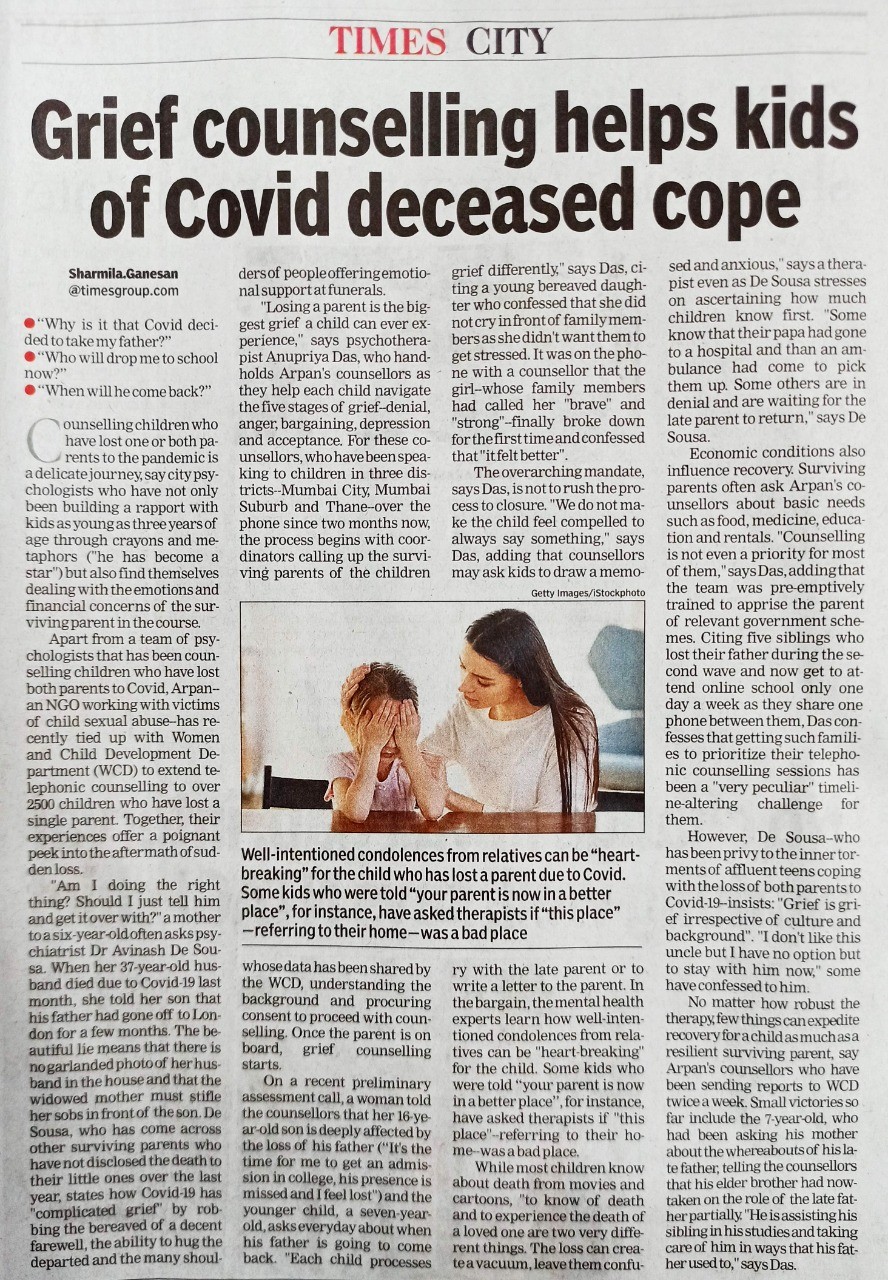
“Losing a parent is the biggest grief a child can ever experience,” says psychotherapist Anupriya Das, who handholds Arpan’s counsellors as they help each child navigate the five stages of grief–denial, anger, bargaining, depression and acceptance. For these counsellors, who have been speaking to children in three districts–Mumbai City, Mumbai Suburb and Thane–over the phone since two months now, the process begins with coordinators calling up the surviving parents of the children whose data has been shared by the WCD, understanding the background and procuring consent to proceed with counselling. Once the parent is on board, grief counselling starts.
On a recent preliminary assessment call, a woman told the counsellors that her 16-year-old son is deeply affected by the loss of his father (“It’s the time for me to get an admission in college, his presence is missed and I feel lost”) and the younger child, a seven-yearold, asks everyday about when his father is going to come back. “Each child processes grief differently,” says Das, citing a young bereaved daughter who confessed that she did not cry in front of family members as she didn’t want them to get stressed. It was on the phone with a counsellor that the girl–whose family members had called her “brave” and “strong”–finally broke down for the first time and confessed that “it felt better”.
The overarching mandate, says Das, is not to rush the process to closure. “We do not make the child feel compelled to always say something,” says Das, adding that counsellors may ask kids to draw a memory with the late parent or to write a letter to the parent. In the bargain, the mental health experts learn how well-intentioned condolences from relatives can be “heart-breaking” for the child. Some kids who were told “your parent is now in a better place”, for instance, have asked therapists if “this place”–referring to their home–was a bad place.
While most children know about death from movies and cartoons, “to know of death and to experience the death of a loved one are two very different things. The loss can create a vacuum, leave them confused and anxious,” says a therapist even as De Sousa stresses on ascertaining how much children know first. “Some know that their papa had gone to a hospital and than an ambulance had come to pick them up. Some others are in denial and are waiting for the late parent to return,” says De Sousa.
Economic conditions also influence recovery. Surviving parents often ask Arpan’s counsellors about basic needs such as food, medicine, education and rentals. “Counselling is not even a priority for most of them,” says Das, adding that the team was pre-emptively trained to apprise the parent of relevant government schemes. Citing five siblings who lost their father during the second wave and now get to attend online school only one day a week as they share one phone between them, Das confesses that getting such families to prioritize their telephonic counselling sessions has been a “very peculiar” timeline-altering challenge for them.
However, De Sousa–who has been privy to the inner torments of affluent teens coping with the loss of both parents to Covid-19–insists: “Grief is grief irrespective of culture and background”. “I don’t like this uncle but I have no option but to stay with him now,” some have confessed to him.
No matter how robust the therapy, few things can expedite recovery for a child as much as a resilient surviving parent, say Arpan’s counsellors who have been sending reports to WCD twice a week. Small victories so far include the 7-year-old, who had been asking his mother about the whereabouts of his late father, telling the counsellors that his elder brother had nowtaken on the role of the late father partially. “He is assisting his sibling in his studies and taking care of him in ways that his father used to,” says Das.
Source : The Times Of India

